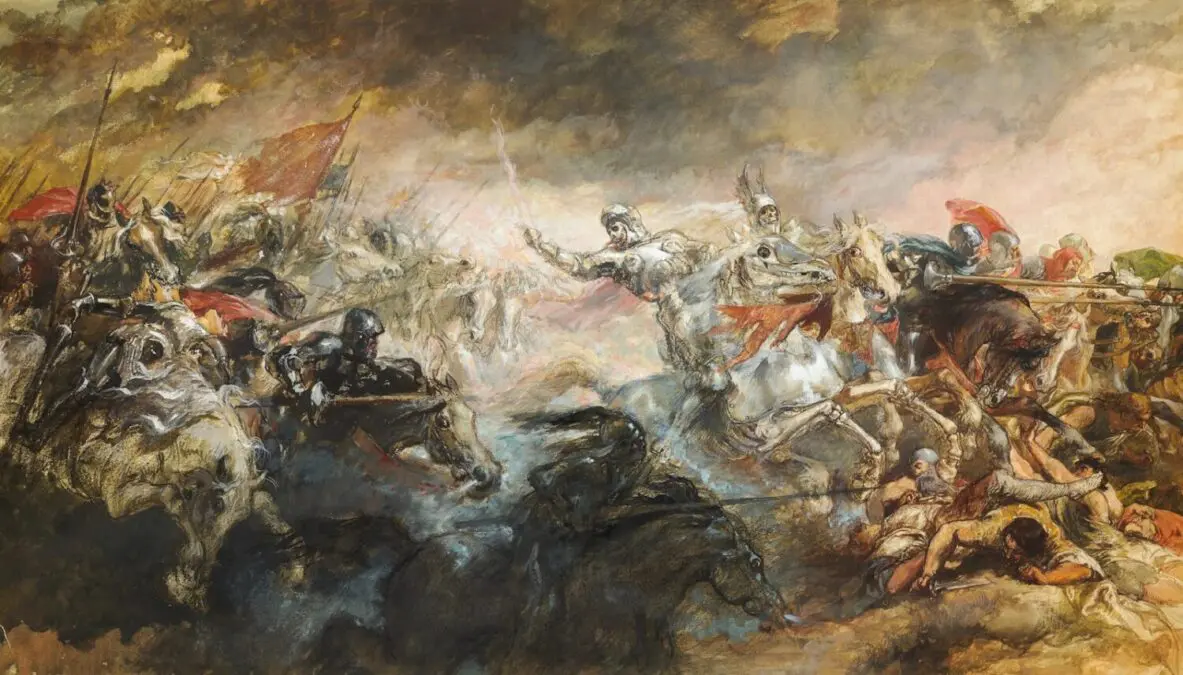As the war in Ukraine enters its third year, divisions and differences within the European Union are intensifying over how to respond to Russian aggression. At the heart of these debates is France’s proposal to send Western forces to Ukraine, an initiative strongly supported by some neighboring countries of kyiv, but widely rejected by other European actors, notably Germany.
French President Emmanuel Macron recently argued for sending Western troops to Ukraine at a conference in Paris bringing together European leaders. The proposal sparked mixed reactions within the EU, illustrating divergent views on how to respond to the Ukraine crisis.
France is striving to build a coalition with the Baltic countries to support this initiative. This move was welcomed by the Baltic countries, which feel particularly vulnerable in the face of a possible escalation of Russian aggression in Ukraine. At the same time, France has also sought to strengthen its ties with Ukraine by offering military and economic support.
However, this initiative faces obstacles within the EU. While Poland has joined the French proposal, Germany and other European countries remain reluctant to send NATO troops to Ukraine, fearing an escalation of the conflict.
In this context of tensions and divisions, France and Moldova recently signed a defense and economic cooperation agreement. This agreement provides in particular for the placement of a French military representative in Moldova, as well as training and weapons supply programs.
The aim of these initiatives is to strengthen Western support for Ukraine and its neighbors facing Russian aggression. However, debates persist within the EU over how best to respond to this crisis, highlighting the divisions and tensions across the European continent.
Originally published at Almouwatin.com







